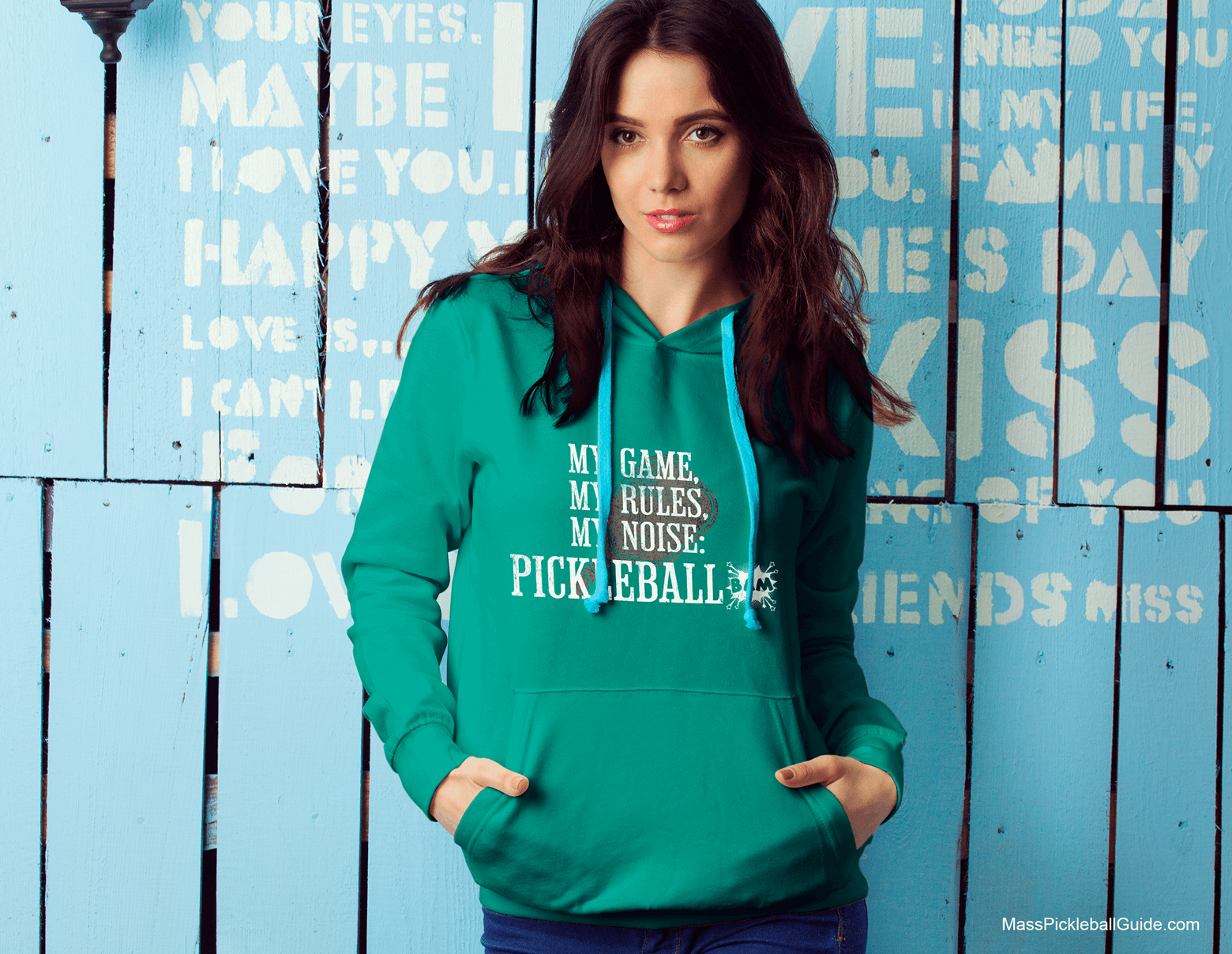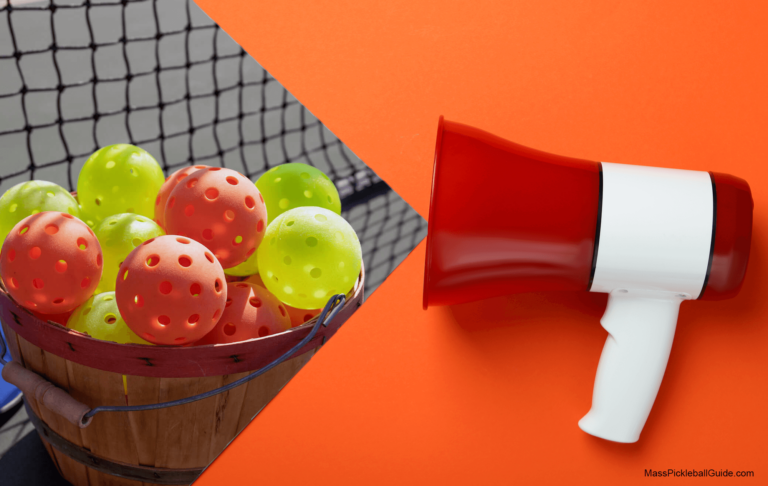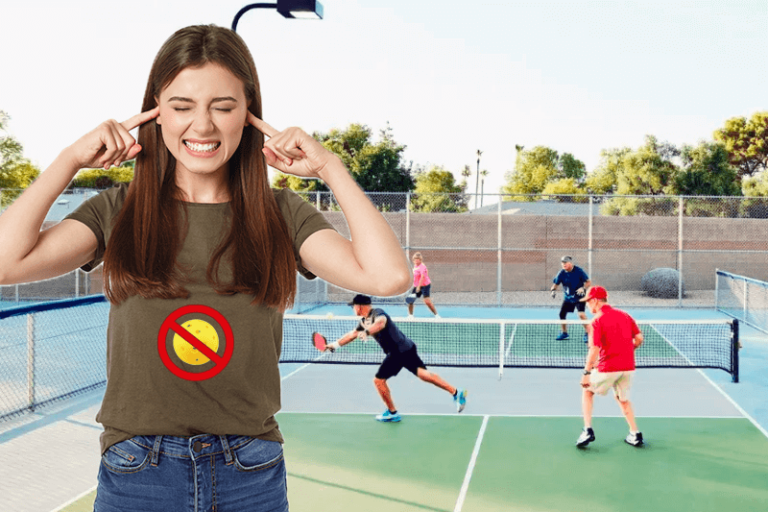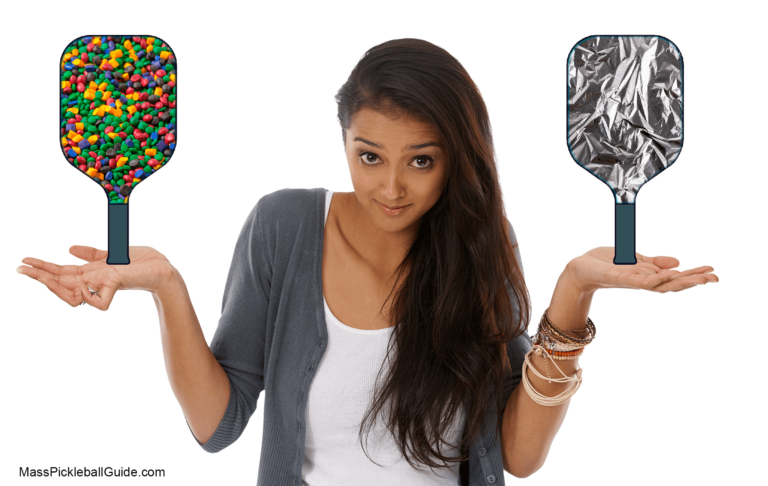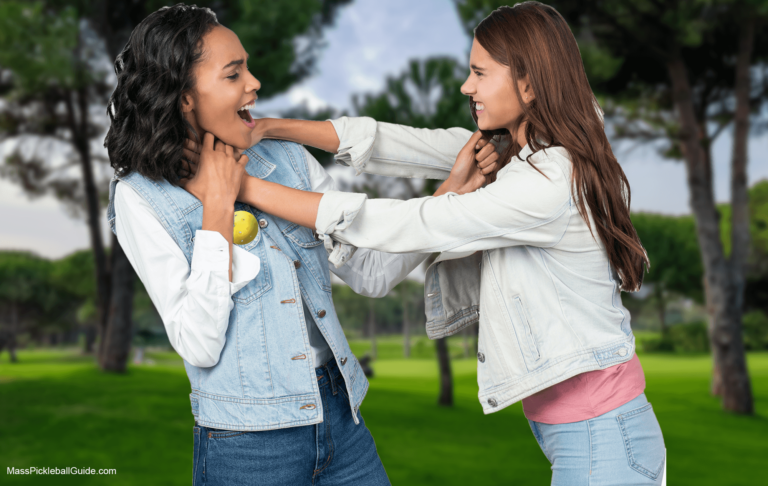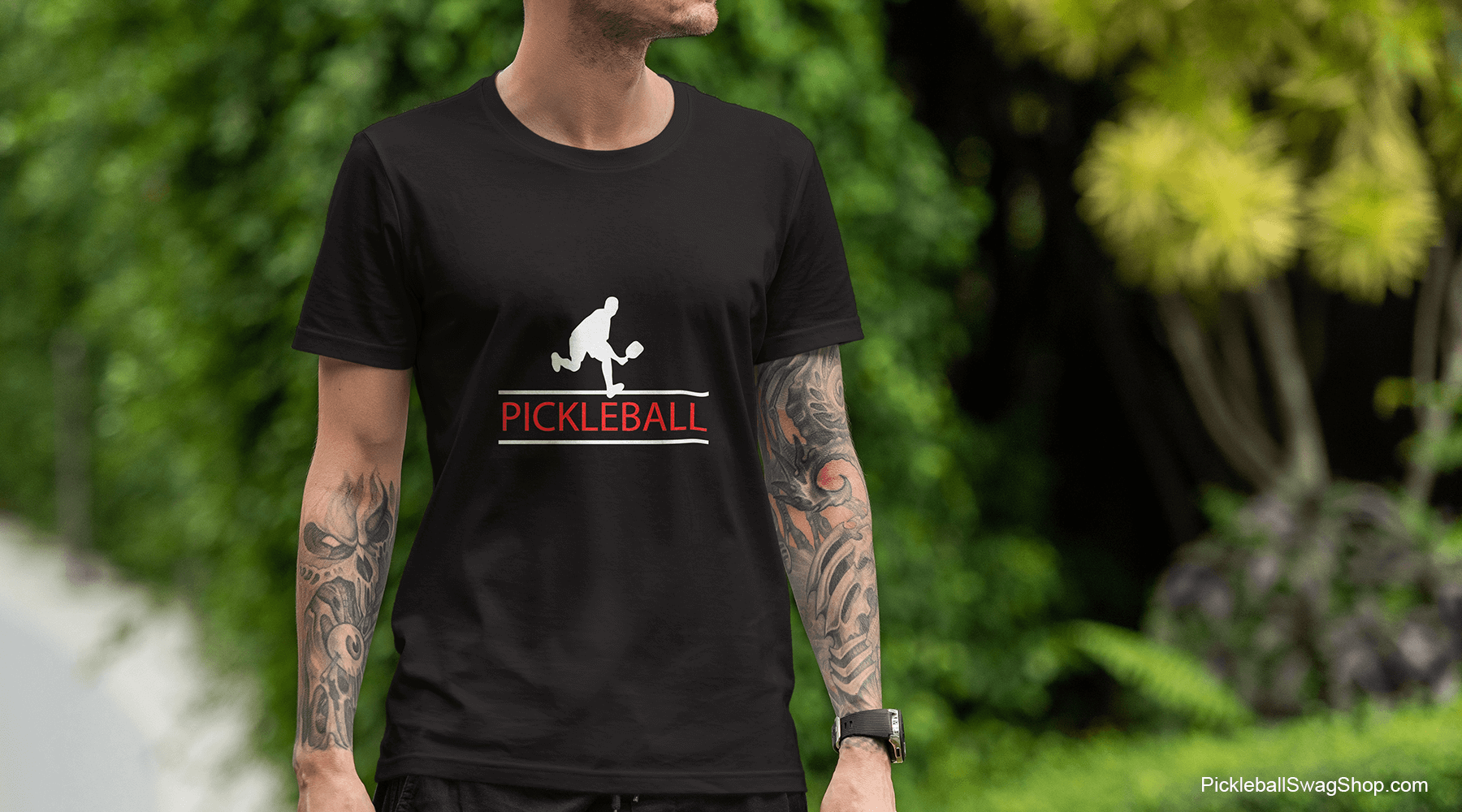Quiet pickleball paddles: the solution to noise problems?
Hype or do they work?
Are you tired of your neighbors complaining about the noise coming from your pickleball games? Well, you’re not alone. In recent years, the noise from pickleball has become a growing concern for many communities, with some even taking legal action against their local governments to resolve the issue.
There are solutions to help reduce the noise. You can install sound barriers, use foam pickleball balls, recoat the pickleball court, etc. Another cheaper one option is to use the quietest pickleball paddles possible.
I can almost hear you thinking…
But what makes a pickleball paddle quiet? And is there really such a thing as the quietest pickleball paddle? Are they just a gimmick leveraging off this fast-growing sport?
How do I make my pickleball paddle quieter?
If you want to make your pickleball paddle quieter, here are a few tips to consider!
It’s important to note that while these methods can help make your pickleball paddle quieter to some extent, they may not completely eliminate all noise. Additionally, it’s crucial to balance noise reduction with performance and playability to ensure a satisfying gameplay experience.
What is the quietest pickleball paddle?
When it comes to finding the quietest pickleball paddle, it’s important to understand the role that the paddle material plays in the noise level.
It’s important to note that the overall design and construction of the paddle, including the paddle core, face material, and edge guard, also impact its noise level. Some manufacturers incorporate additional noise-dampening technologies or textured surfaces to further reduce noise.
Ultimately, the quietness of a pickleball paddle is influenced by a combination of materials and design elements. It’s recommended to try different paddle options and consider personal preferences, playing style, and noise-reduction requirements to find the best fit for your needs.
The most common materials used in pickleball paddles are:
Wood paddles tend to be the quietest since they absorb more of the impact between the paddle and pickleball ball. However, wood paddles are not as durable as other materials and may not be suitable for advanced players. They will not last as long as paddles are made from composite or graphite.
What is a green pickleball paddle?
This is new and hitting the pickleball scene like wildfire in 2023.
A “green pickleball paddle” refers to a pickleball paddle that is meant to produce less noise than traditional pickleball paddles.
The term “green” in the name is used to indicate that they are more environmentally friendly because they produce less noise pollution. This seemingly will make neighbors, whether in a residential setting or resort, less likely to complain…but some people will continue to bark about it as they just like to complain about anything that others do that they don’t.
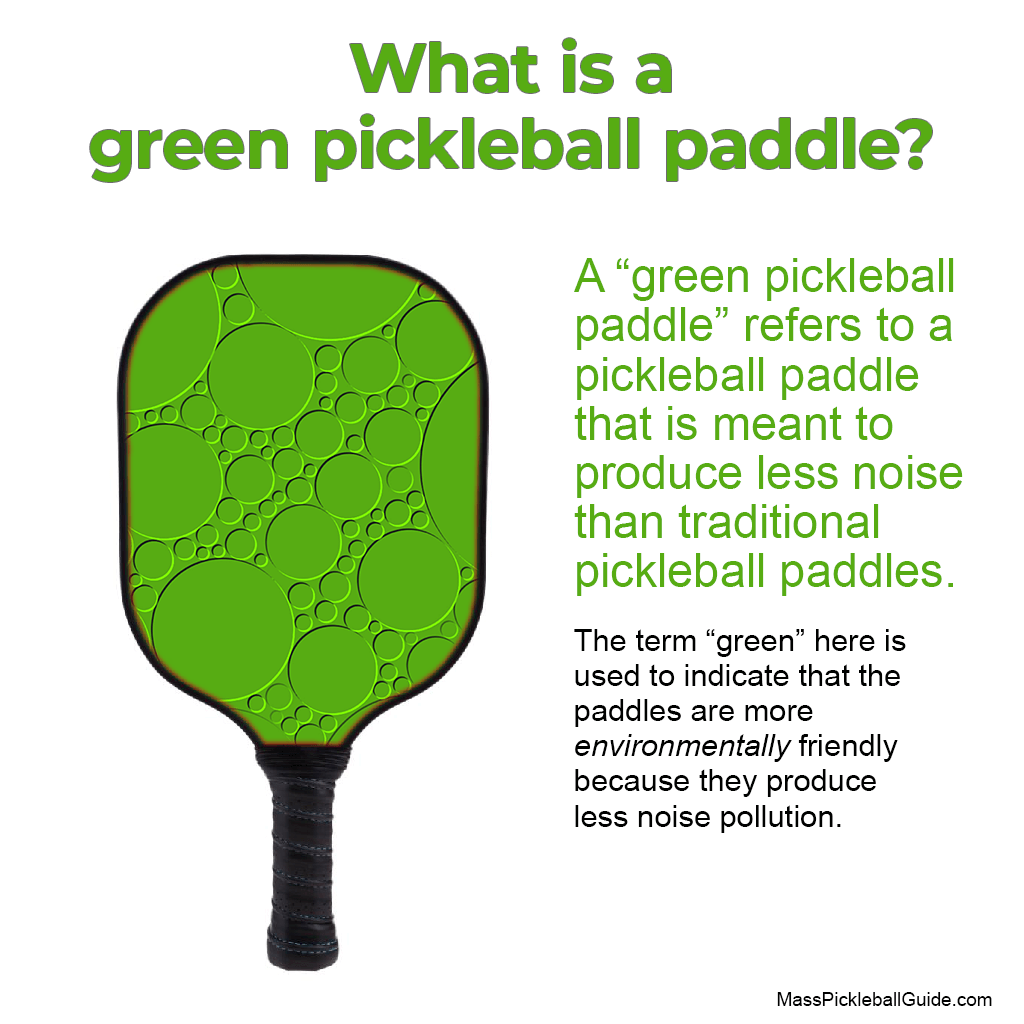
There may be confusion here to “Green Zone” paddles. As we all know there is no Green Zone in pickleball, but the term has been tossed around by many organizations (i.e., clubs, resorts, communities, etc.) that “approve” quiet pickleball paddles. If they are approved to be quiet pickleball paddles they make it to the approved green listing (i.e., as in green traffic light, go ahead, all clear, etc.). any paddle that is not approved defaults to the “Red Zone” or red listing.
A quiet pickleball paddle is usually made from materials that absorb / dampen vibrations and reduce the amount of noise generated when the paddle strikes the pickleball ball.
When it comes to making a pickleball paddle quiet, the choice of material plays a crucial role. The best materials for creating a quiet pickleball paddle are those that can effectively absorb vibrations and reduce noise.
Some of the best materials for making quiet pickleball paddles
A green pickleball paddle was unheard of just a couple of years ago. Now you can find some of the major manufacturers jumping on board – makes sense, as the demand for these paddles has increased dramatically.
When you’re ready to choose a quiet pickleball paddle, look for paddles that are specifically designed to reduce noise. This sounds silly but they will say clearly that they are designed to reduce the noise – they want to market them this way. These paddles may have additional features such as noise-dampening materials or textured surfaces that help to reduce the amount of noise generated during play.
Is there a quiet pickleball ball?
While the noise from the paddle is a significant factor in the overall noise level of the game, the pickleball’s sound also plays a role.
Unfortunately, the quality and availability of quiet pickleball balls is limited at best. There are not that many options and only one or two that are worth looking at.
The current plastic ball used in pickleball is designed to be durable and easy to play with. Its design has been around for as long as the sport – it’s a ball with holes. It does produce a considerable amount of noise when it hits the court and the paddle.
Sport Your Spirit: Pickleball Noise Apparel
Embrace the lighter side of pickleball with our whimsical t-shirt collection, specifically designed to humorously target the noise detractors of our beloved sport! Each shirt expresses the collective joy of the pickleball community, gently poking fun at those who find its characteristic sound bothersome.
Is there a difference between indoor and outdoor pickleball paddles?
Yes, there is a difference between indoor and outdoor pickleball paddles. Indoor pickleball paddles tend to be quieter than outdoor paddles since the ball doesn’t need to travel as far. Outdoor paddles, on the other hand, need to be more durable to withstand the elements and can produce more noise when hitting the ball.
Conclusion
While quiet pickleball paddles can help reduce the overall noise level of the game, they are just one part of the solution. Cities and towns can take steps to minimize the noise by building courts farther away from residences and using soundproofing fences or retrofitting acoustic barriers.

